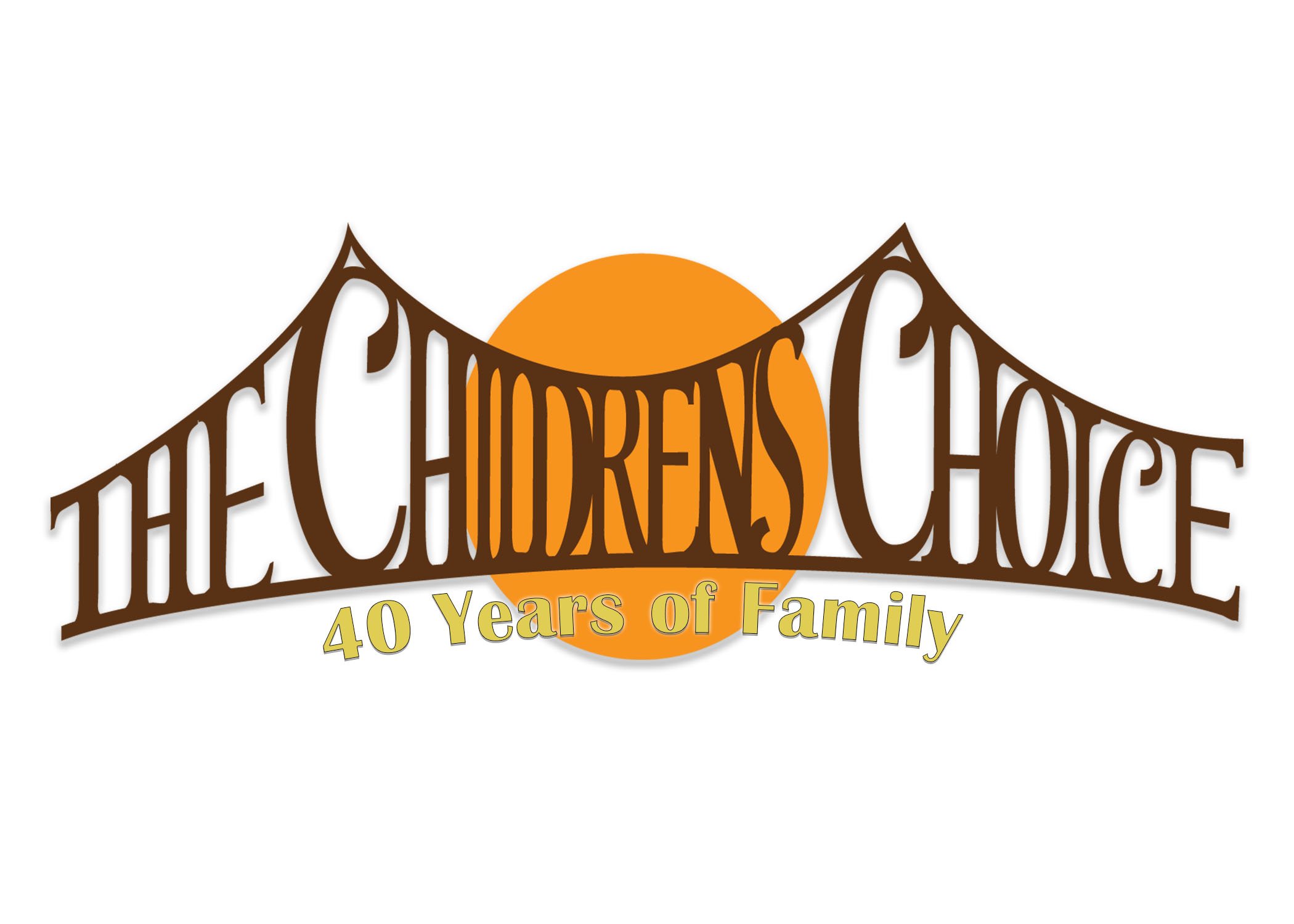What is Choice Theory?
The 1998 book, Choice Theory: A New Psychology of Personal Freedom, is the primary text for all that is taught by The William Glasser Institute. Choice theory states that:
all we do is behave,
that almost all behavior is chosen, and
that we are driven by our genes to satisfy five basic needs: survival, love and belonging, power, freedom and fun.
In practice, the most important need is love and belonging, as closeness and connectedness with the people we care about is a requisite for satisfying all of the needs.
Choice theory, with the Seven Caring Habits, replaces external control psychology and the Seven Deadly Habits. External control, the present psychology of almost all people in the world, is destructive to relationships. When used, it will destroy the ability of one or both to find satisfaction in that relationship and will result in a disconnection from each other. Being disconnected is the source of almost all human problems such as what is called mental illness, drug addiction, violence, crime, school failure, spousal abuse, to mention a few.
Philosophical Overview
A person is basically GOOD. “No one sets out to be bad.”
All behavior is purposeful. This means that each person is “Doing the Best He Can” to meet his needs at this time.
A person can learn a better way to meet his needs.
A person needs to be able to make choices even in a setting which limits freedom.
A person will not change if there is nothing in it for him/her—no payoff.
By changing what we are doing, we change our thinking, feelings and our physiology.
An environment which reinforces positive behavior facilitates change more than one which focuses on negative behavior.
Relationships and our Habits
Seven Caring Habits
1. Supporting
2. Encouraging
3. Listening
4. Accepting
5. Trusting
6. Respecting
7. Negotiating Differences
Seven Deadly Habits
1. Criticizing
2. Blaming
3. Complaining
4. Nagging
5. Threatening
6. Punishing
7. Bribing, rewarding to control
The Ten Axioms of Choice Theory
The only person whose behavior we can control is our own.
All we can give another person is information.
All long-lasting psychological problems are relationship problems.
The problem relationship is always part of our present life.
What happened in the past has everything to do with what we are today, but we can only satisfy our basic needs right now and plan to continue satisfying them in the future.
We can only satisfy our needs by satisfying the pictures in our Quality World.
All we do is behave.
All behavior is Total Behavior and is made up of four components: acting, thinking, feeling and physiology.
All Total Behavior is chosen, but we only have direct control over the acting and thinking components. We can only control our feeling and physiology indirectly through how we choose to act and think.
All Total Behavior is designated by verbs and named by the part that is the most recognizable.
For more information about Choice Theory, please visit the William Glasser Institute
